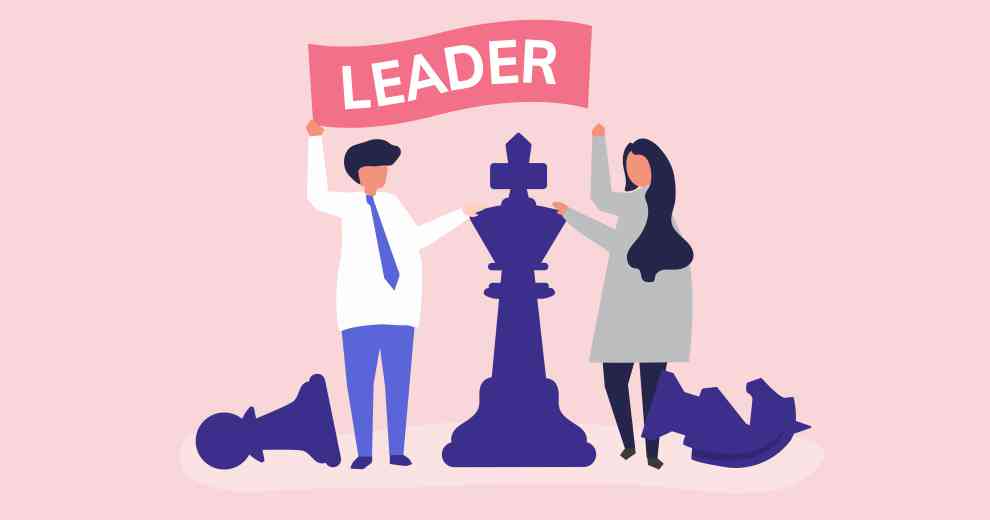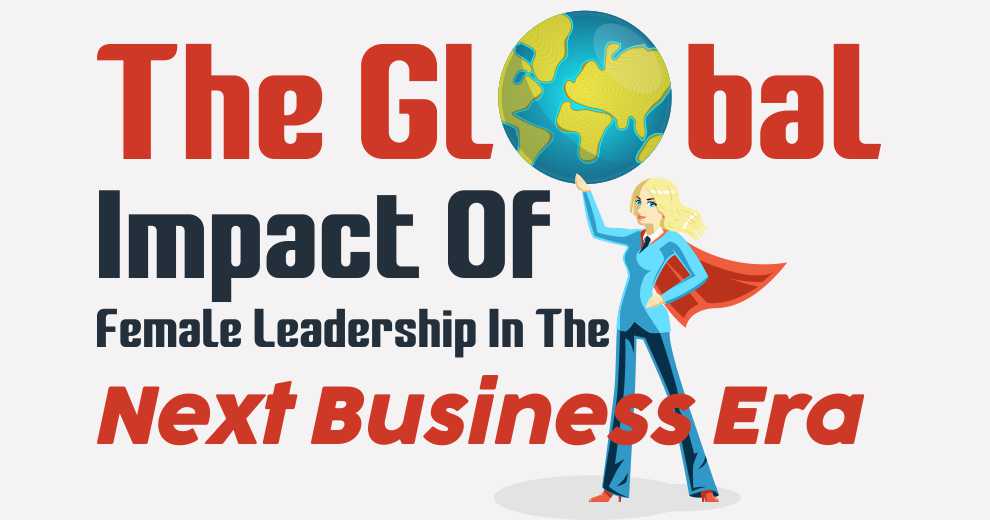In today’s increasingly complex and technologically advanced workplace, business professionals must continuously evolve. The rapid integration of technology into every facet of operations has increased the demand for critical thinking, adaptability, and effective leadership. Leaders in 2025 are not just decision-makers—they are visionaries, collaborators, and purpose-driven influencers navigating the digital era with clarity and conviction.
Analytical Thinking: A Strategic Imperative
In 2025, data is the new currency. Analytical thinking—the ability to objectively assess current realities, define future goals, and map out the path forward—is more important than ever. Professionals must be able to gather, interpret, and evaluate data to develop strategic insights and inform decision-making.
Successful leaders apply analytical thinking to close performance gaps, anticipate future challenges, and seize growth opportunities. It’s not just about numbers—it’s about deriving meaning from them to drive meaningful action.
Leadership: Mobilizing People for Impact
Leadership remains a cornerstone of organizational success. At its core, leadership is the ability to inspire, influence, and mobilize individuals toward a shared objective. In today’s dynamic environment, effective leaders build long-term relationships with clients, employees, investors, and partners by fostering trust, transparency, and mutual value.
“When you need to innovate, you need collaboration.”
True leaders don’t simply command—they engage, empower, and elevate those around them.
Effective Communication: Driving Clarity and Connection
As hybrid and global teams become the norm, communication is more than a soft skill—it’s a business necessity. Whether engaging with internal teams or external stakeholders, professionals must master clarity, tone, and consistency across various communication channels.
Internal communication boosts collaboration, fosters innovation, and enhances knowledge sharing. Externally, it strengthens brand identity and customer trust. Effective communicators promote an open exchange of ideas, leading to more creative, agile, and inclusive work cultures.
Decision-Making: The Leadership Litmus Test
In 2025, leaders are defined by the quality of their decisions. Strategic decisions impact not just profits but people, culture, and future growth. Great leaders weigh risks, analyze data, and act with confidence—even when decisions are unpopular.
“The only way to achieve the impossible is to believe it is possible.”
Owning decisions, even the tough ones, builds respect and credibility. It’s a mark of resilience and a defining trait of top-performing executives.
Networking & Relationship Building: Leadership Beyond Titles
High-impact leaders know that influence is built, not bestowed. Strong relationships drive engagement, innovation, and team cohesion. In a digitally connected world, leaders must cultivate emotional intelligence to build authentic connections with their workforce.
“When people are financially invested, they want a return. When people are emotionally invested, they want to contribute.”
Whether through informal gatherings, one-on-one conversations, or company-wide events, intentional networking creates a more motivated, unified, and loyal team.
Self-Discipline: The Foundation of Professional Excellence
Self-discipline underpins every other leadership skill. In an era of constant distraction and change, the ability to stay focused, follow through, and build productive habits sets high performers apart.
“Self-discipline is a key to many doors. Not least of which is one that leads to a better, stronger, and healthier version of yourself.”
By cultivating self-discipline, leaders become more accountable, consistent, and capable of modeling the behavior they expect from others.
Digital Leadership: People-First in a Tech-Driven World
Digital transformation isn’t solely about tools—it’s about mindset. Leaders must champion a culture where people leverage technology to create new value. Automation, AI, and disruptive business models require agile leaders who can adapt quickly, manage change efficiently, and minimize operational friction.
A leader’s role in the digital age is to create a high-performance environment where success becomes inevitable—not by managing tasks, but by leading people with purpose, empathy, and agility.
Inspiring Action: Purpose as a Performance Driver
Purpose-driven leadership fuels innovation and resilience. Professionals in 2025 must be able to connect organizational vision with individual motivation. It’s about turning strategy into story—distilling complexity into clear, inspiring messages that mobilize teams to act.
“Leadership is about helping people believe they can make a difference.”
Leaders today are not just executors—they are purpose maximizers. They create cultures where meaning drives momentum, and where people are empowered to lead from every level of the organization.
Conclusion: Redefining Leadership in 2025
Whether you’re in a formal management position or an emerging professional, leadership skills are no longer optional—they’re essential. In 2025, effective leaders are those who:
- Think critically and act decisively
- Communicate with clarity and purpose
- Build relationships grounded in trust
- Lead with discipline, empathy, and conviction
- Inspire action and transform challenges into opportunities
The future of business belongs to leaders who understand people, leverage technology, and relentlessly pursue impact.





